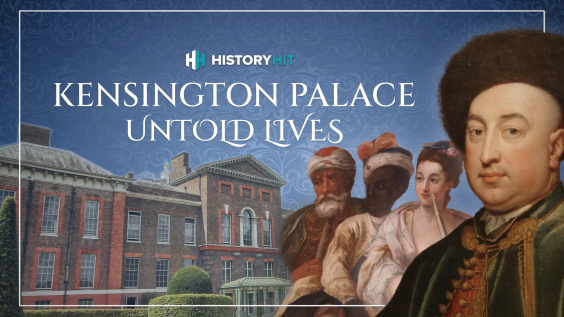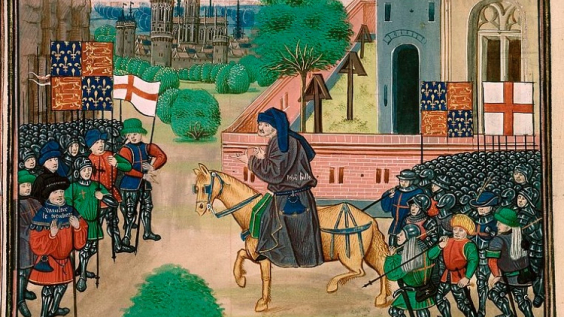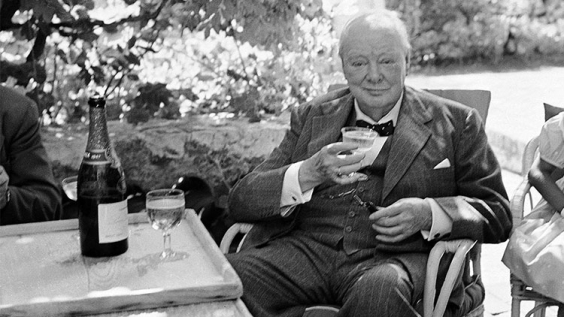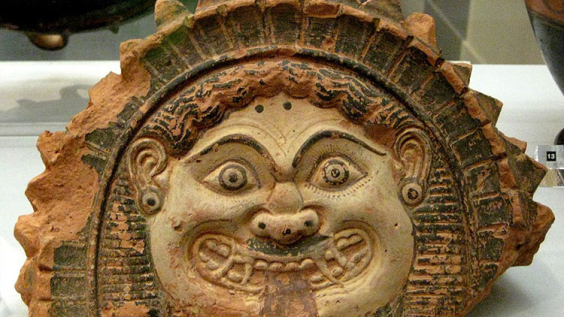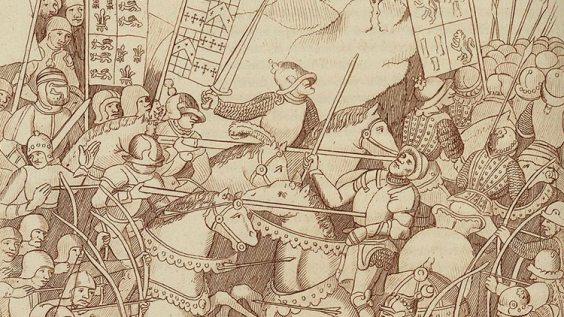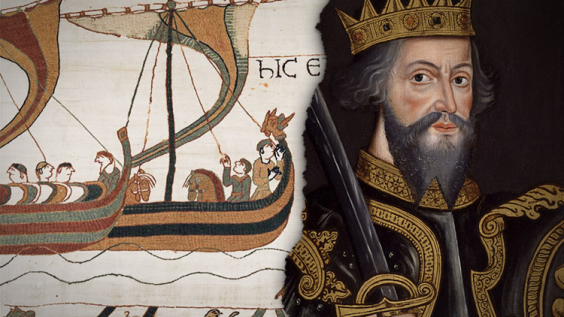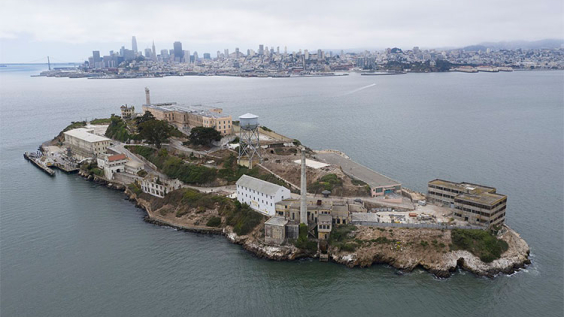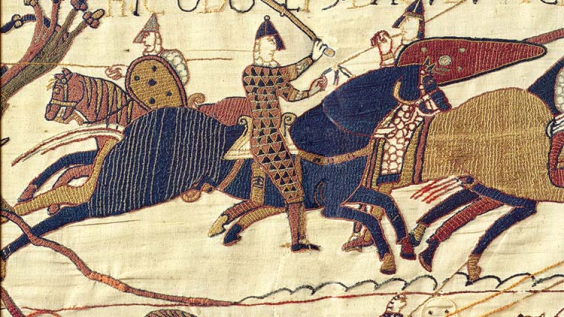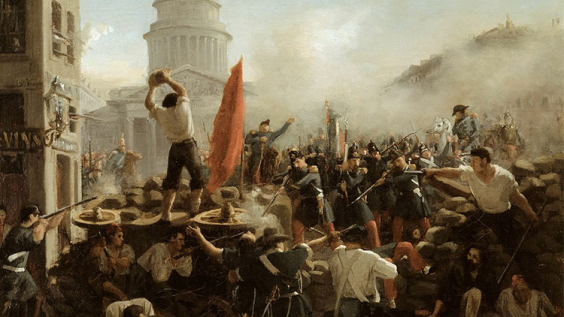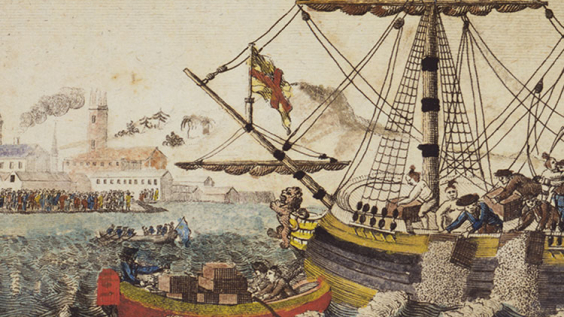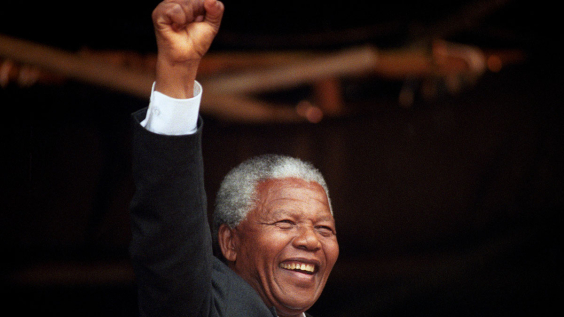
The Opium Wars were caused by Chinese attempts to prevent western traders bringing opium to China during the 19th century. Predominantly imported by the British and French, opium was socially and economically devastating for the Chinese. Around 25% of their male population was addicted to the drug by 1839.
China’s weak military meant they were soundly defeated in both conflicts, and harsh treaties were imposed by the British and French. The First Opium War, for example, resulted in Hong Kong being ceded to Britain ‘in perpetuity’; the Second Opium War caused opium to be legalised in China.
Unlike Britain and France, Russia’s involvement in the Opium Wars is often overlooked. However, their exploitation of China’s weakness and their diplomatic skill earned them their largest port on the Pacific coast: Vladivostok.
 Listen Now
Listen NowThe Second Opium War
The Second Opium War lasted from 1856-1860. Long-term Chinese discontent at British and French traders importing opium into the country boiled over into armed conflict. In October 1856 the Chinese seized a vessel sailing under the British flag, the Arrow, and charged it with piracy.
The British responded by destroying Chinese forts, and the crisis prompted a general election in Britain. Many members of parliament, including future Prime Minister William Gladstone, were abhorred by the opium trade and thought Britain should not protect it.
Lord Palmerston, whose government was in favour of war, won the election and Britain sent Royal Navy vessels and soldiers to Hong Kong, Britain’s new colony next to China. France, furious at the Chinese for executing one of their missionaries, allied with them. Anglo-French forces stormed and captured the important port of Canton. China rushed to rally its forces to fight them.

William Ewart Gladstone, opponent of the opium trade. Image Credit: Public Domain
Russia’s interest in ‘Outer Manchuria’
Russia and China had been struggling over ‘Outer Manchuria’, now the south-east of Russia, for centuries.
Throughout the 1600s Russia encouraged settlers to move to the region, but in the 1680s the Chinese had driven them out. In the 1689 Treaty of Nerchinsk, Russia agreed to abandon its territorial claims to the area.
Russia, still desiring a naval outpost on the Pacific, began sending settlers to Outer Manchuria again during the 1700s. In the build-up to the Second Opium War, with China distracted elsewhere, the Russians secretly brought tens of thousands of troops to the border.
 Watch Now
Watch NowThe Russians seize the opportunity
Once war began and the Anglo-French forces started winning victories over the Chinese, the Russian general Nikolay Muraviov spotted an opportunity. He revealed Russia’s military presence by China’s northern border and demanded that they cede huge swathes of territory or Russia would attack.
The Chinese feared a war on two fronts. They knew they could not resist the Anglo-French attacks on their southern ports and a Russian invasion to the north. The Qing dynasty’s representative, Yishan, agreed to Muraviov’s demands.
On 28 May 1858 the Treaty of Aigun was signed, agreeing a new border along the Amur River. Russia and its eastern seaboard was significantly enlarged.

British Map of 1851 showing the Russo-Chinese border before the Second Opium War. Image Credit: Public Domain
The destruction of Beijing’s Summer Palaces
The superior technologies and training of the Anglo-French army resulted in a series of decisive victories for the western powers. At this stage, a young Russian Major General named Nikolay Ignatyev visited the Chinese capital of Peking (modern Beijing) to try and negotiate further concessions.
Anglo-French forces arrived in Peking in October 1860, and the Chinese surrender was imminent. In punishment for China’s mistreatment of prisoners, the British and the French destroyed Beijing’s Summer Palaces. They carried off priceless works of art and performed acts of wanton destruction in retribution for Chinese abuses during the war.
The British general, Lord Elgin, even considered sacking China’s historic palace complex, the Forbidden City. The Chinese finally agreed to negotiate a peace, and Ignatyev positioned himself as the mediator between the two sides.

Capture of the Summer Palace. Image Credit: Public Domain
Russia’s success at the Convention of Peking
The Convention of Peking saw China, Britain, France and Russia come together to determine the result of the war. The treaties they ratified were highly unequal – in favour of the westerners.
On 25 and 26 October 1860 the Chinese Emperor’s brother signed a series of agreements with the British and the French. A significant portion of the Kowloon Peninsula was granted to the British, extending the colony of Hong Kong. Both France and Britain also benefited from the legalisation of opium and Christianity, as well as hefty reparations.
During the negotiations, Ignatyev convinced the Chinese that only his influence with Britain and France could persuade their armies to leave Beijing. He cunningly played on Chinese fears that the capital could be destroyed if the Convention failed.

Nikolay Ignatyev. Image Credit: Public Domain
To ensure Ignatyev’s loyalty the Chinese ceded even more land to the Russians, giving them control of everything between the River Amur and the Golden Horn Bay.
Vladivostok
In this way Russia benefited immensely from the Second Opium War, despite not actually fighting in it. Ignatyev achieved more than his countrymen had ever hoped for. Their new territory in the south-east of the country became the Maritime Province, or ‘Primorski Krai’.
Russian opportunism and Ignatyev’s diplomacy provided Russia with the Golden Horn Bay, soon the home of its great Pacific sea port: Vladivostok. The city, with its position on the south-eastern edge of Russia, allowed Russian military and economic influence to extend into the Pacific.

Russian territorial gains during the Second Opium War. Brown areas represent the territory secured in the Treaty of Aigun. Pink areas represent the territory secured at the Convention of Peking. Image Credit: Public Domain
The Chinese only realised their mistake decades later. The agreements with Russia, Britain and France in the 19th century eventually came to be known as the ‘Unequal Treaties’. These agreements were highly resented for the territorial and economic losses they inflicted.
Vladivostok remains Russia’s most important Pacific Ocean port, and the home of the Russian Pacific Fleet.
 Listen Now
Listen Now


